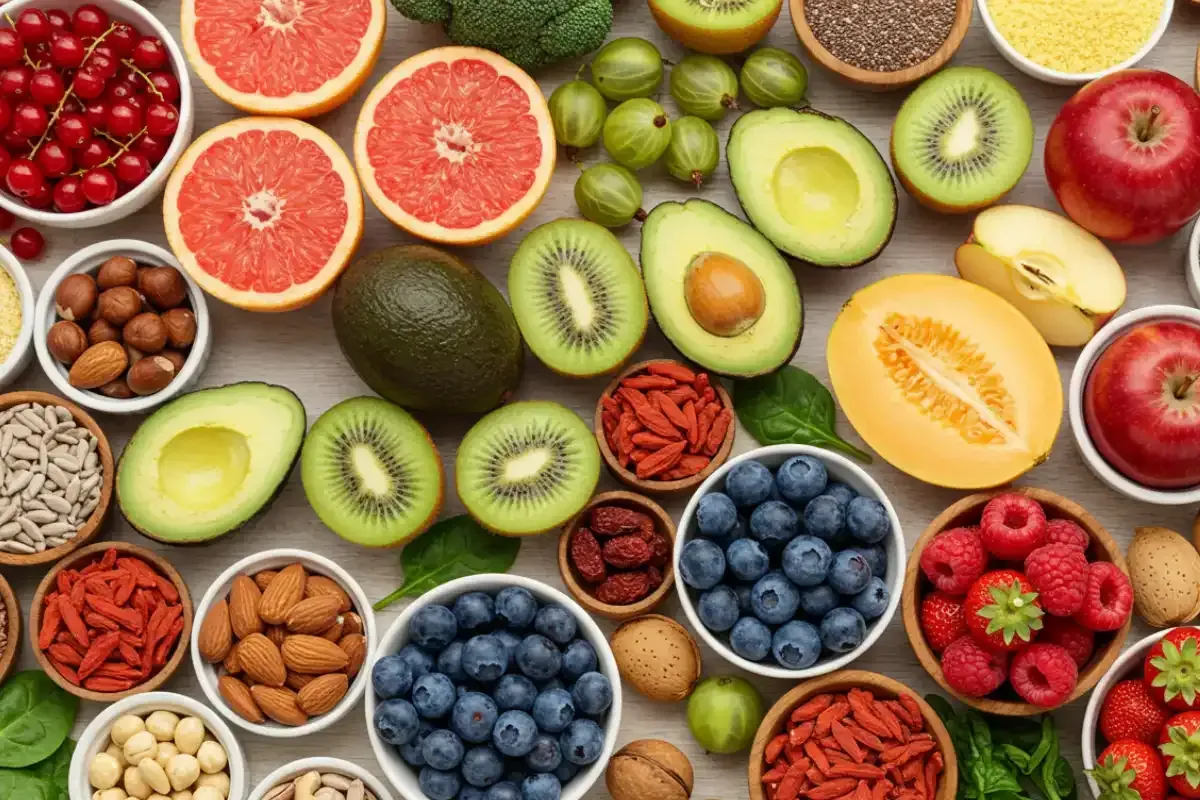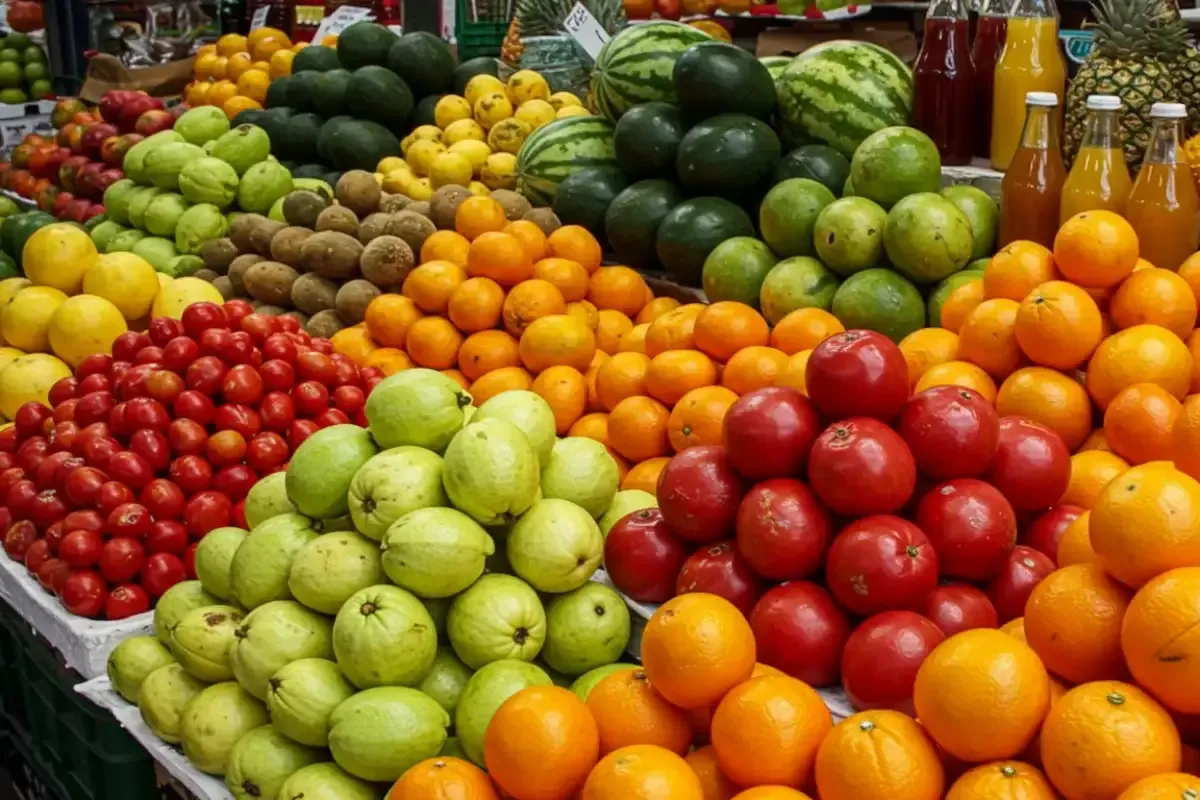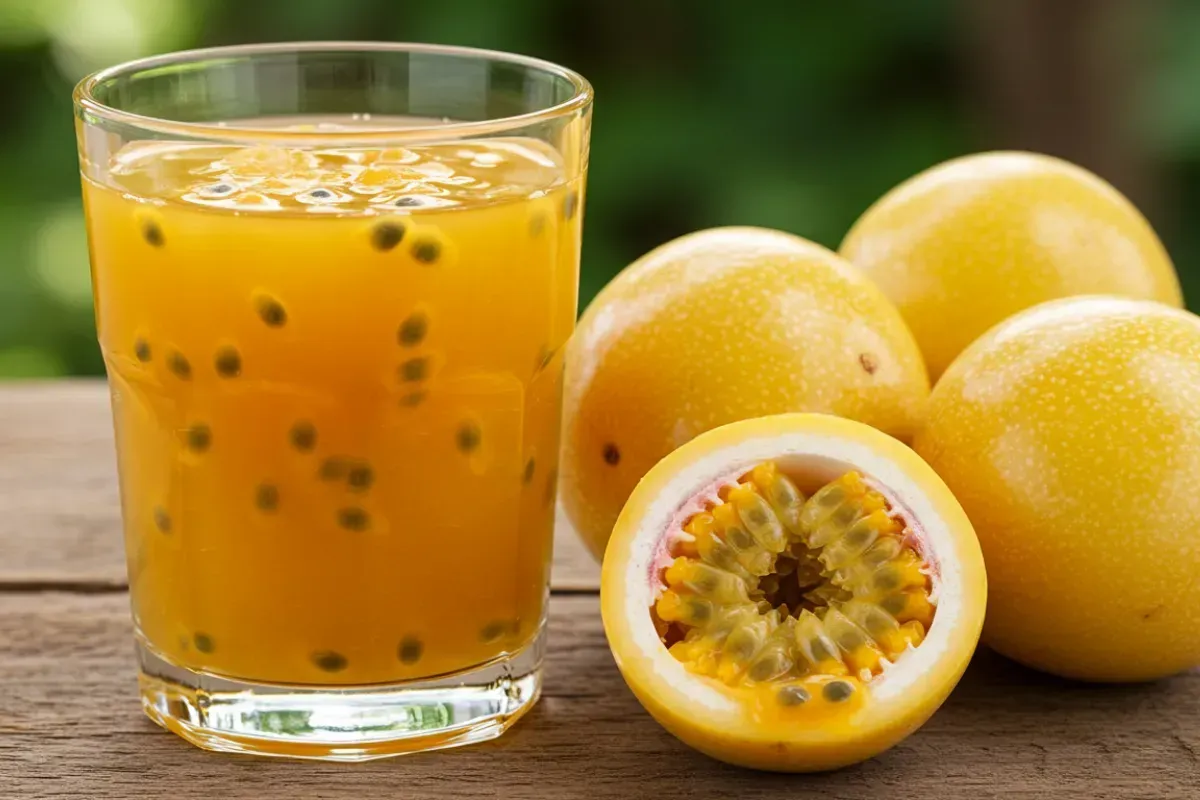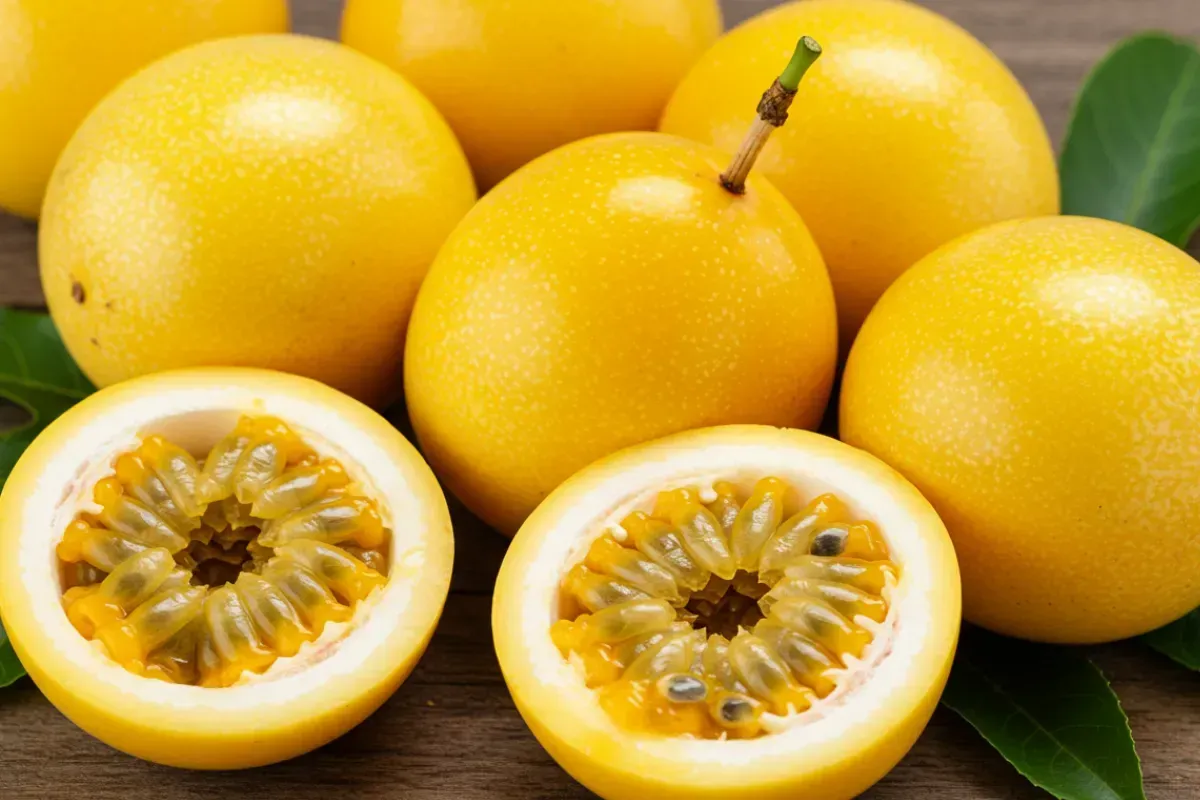Lemon Juice and Its Popularity in The Food Industry
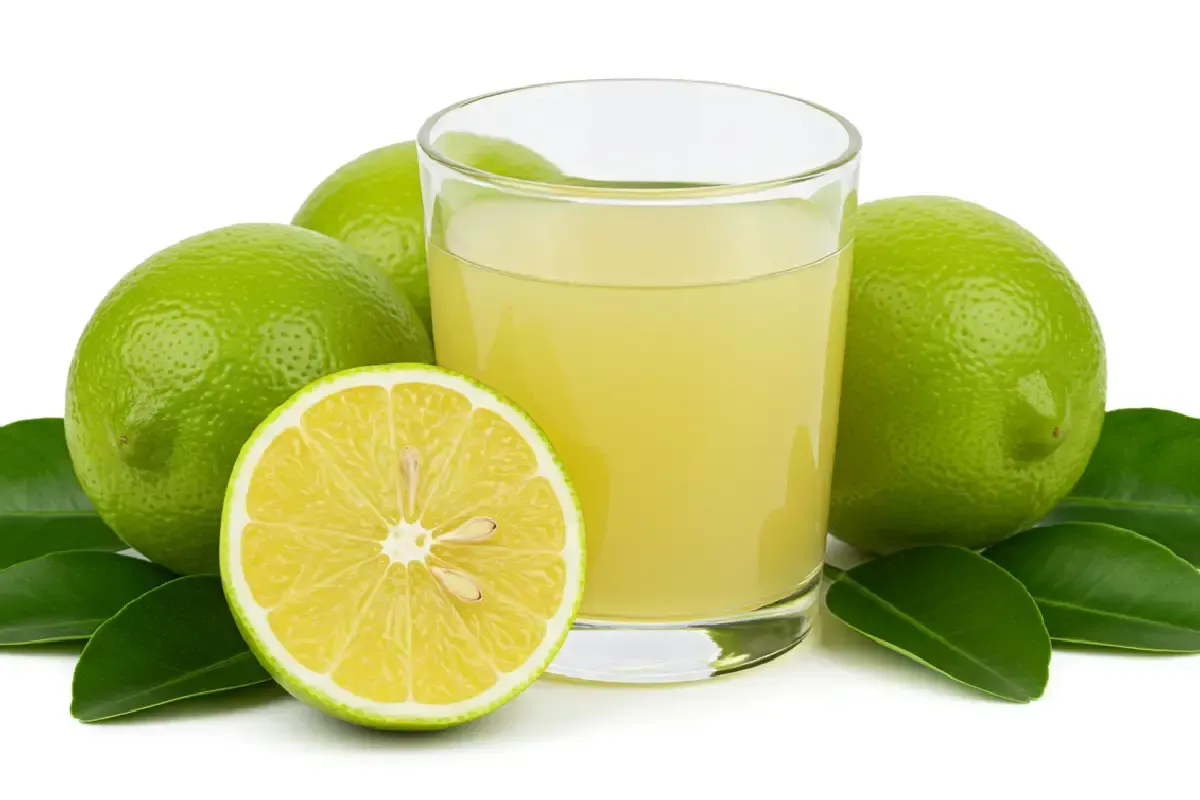
Lemon juice is one of the most widely used ingredients in the food industry due to its versatility. Citrus fruits, such as lemon, oranges and limes, play a key role in the creation of fresh products. Their acidity enhances flavors and improves the overall gastronomic experience.
In addition to adding a unique touch to foods and beverages, citrus juices provide nutritional benefits making them a popular choice for those who are seeking healthier options. Below, we will explore the role of lemon in the industry, its combination with other ingredients, and how these products innovate in a competitive market.
Lemon Juice in the Food Industry
Lemon juice is not just a salad dressing or the base for lemonade. Although you may not always notice it, its presence has spread to a wide variety of processed products. It is no coincidence that 50.54% of restaurants include lemon dishes on their menu (Tastewise, 2024). It uses range from soft drinks to sauces, dressings, and baked goods. Its natural acidity enhances flavor and also has preservative properties that help prolong the freshness of products.
In the beverage industry, for example, lemon juice is essential in creating fruit blends that provide a balanced mix of sweet and sour flavors. From 100% natural juices to soft drinks and cocktails, lemon is perfect for creating attractive and refreshing blends. In fact, in every presentation, it maintains that characteristic touch that delights the palate.
Lemon Juice and Other Citrus Varieties
Lemon is distinguished by its acidity and freshness, but it is not the only citrus fruit used in the industry. Others, such as orange, lime, or even soursop, —though not a citrus fruit—are also gaining popularity in the market, alongside the more traditional varieties.
For example, orange juice concentrate is widely used in the juice industry. When combined with other citrus fruits, such as lemon, it creates a balance between sweetness and acidity. Soursop, on the other hand, stands out for its tropical flavor and antioxidant properties, making it an innovative ingredient in products such as juices or fruit pulps.
The combination of these citrus fruits with wild fruits (such as blueberries, strawberries, or blackberries) also opens up a world of possibilities. Oranges offer a balanced sweetness, ideal for juices and nectars when combined with other flavors. Lime, with its more intense and aromatic flavor, is perfect for drinks and dressings. These ingredients not only provide a range of varied flavors but also offer additional nutritional value, including essential vitamins, fiber, and antioxidants.
Lemon juice and Its Potential
Lemon production has grown significantly in recent years. In 2000, 11.38 million tons were produced and by 2022, this figure exceeded 21 million tons (Shahbandeh, 2024). An effective way to integrate lemon into food products is through fruit pulps.
Concentrated pulps, often combined with other citrus juices, provide a natural base for a variety of products. Lemon juice, for example, enhances the flavor of other fruits and pulps. Fruit pulps are also used in the creation of products such as jams, jellies and yogurts. Imagine your blend featuring lemon, in line with current trends for natural and exotic flavors.
Lemon is much more than a flavor enhancer: it also brings nutritional benefits. It is rich in vitamin C, antioxidants and antibacterial compounds (Huitron, 2024). Additionally, lemon juice offers advantages such as its natural acidity, which helps preserve the color and freshness of fruit pulps. It reduces oxidation and prolongs the shelf life of the product without the need for artificial additives (Infoalimentos, n.d.).
The Popularity of Citrus Products
The food and beverage market is constantly evolving. As a result, the demand for fresh and natural flavors is currently high. Innovation is essential to staying competitive. One way to do this is by exploring new fruit combinations and the various foods that can be created.
Some options with lemon, categorized by type, include:
Beverages:
- Juices and lemonade (traditional or with additional flavors such as ginger).
- Alcoholic cocktails (such as Margarita, Daiquiri, Mojito) mixed with other fruits and pulps.
- Soft drinks and sodas.
- Energy drinks.
Bakery Products:
- Cakes, muffins, or cheesecakes.
- Lemon cookies.
- Breads.
Sauces and Dressings:
- Salad dressing (lemon vinaigrette).
- Mayonnaise with lemon.
- Tartar sauce.
- Guacamole.
Preserves and Jams:
- Lemon marmalade.
- Citrus fruit marmalade (such as orange or tangerine).
In conclusion, lemon juice, whether used alone or in combination with other fruits, is extremely versatile. It is used in both fresh and processed products, adding flavor and freshness across a wide variety of industrial applications. Without a doubt, it is the favorite of many cooks and foodies.
Are you encouraged to create lemon-based products?
Bibliographic References
- Huitrón, L. (2024, 4 de junio). Qué pasa si tomo jugo de limón en ayunas; así te puede ayudar.
- Infoalimentos. (s.f.). Los antioxidantes. Mantienen el color, sabor y durabilidad de los alimentos.
- Shahbandeh, M. (2024, 06 de febrero). Lemon and lime production worldwide from 2000 to 2022 (in million metric tons).
- Tastewise. (2024). Lemon trends: Data and analytics.

